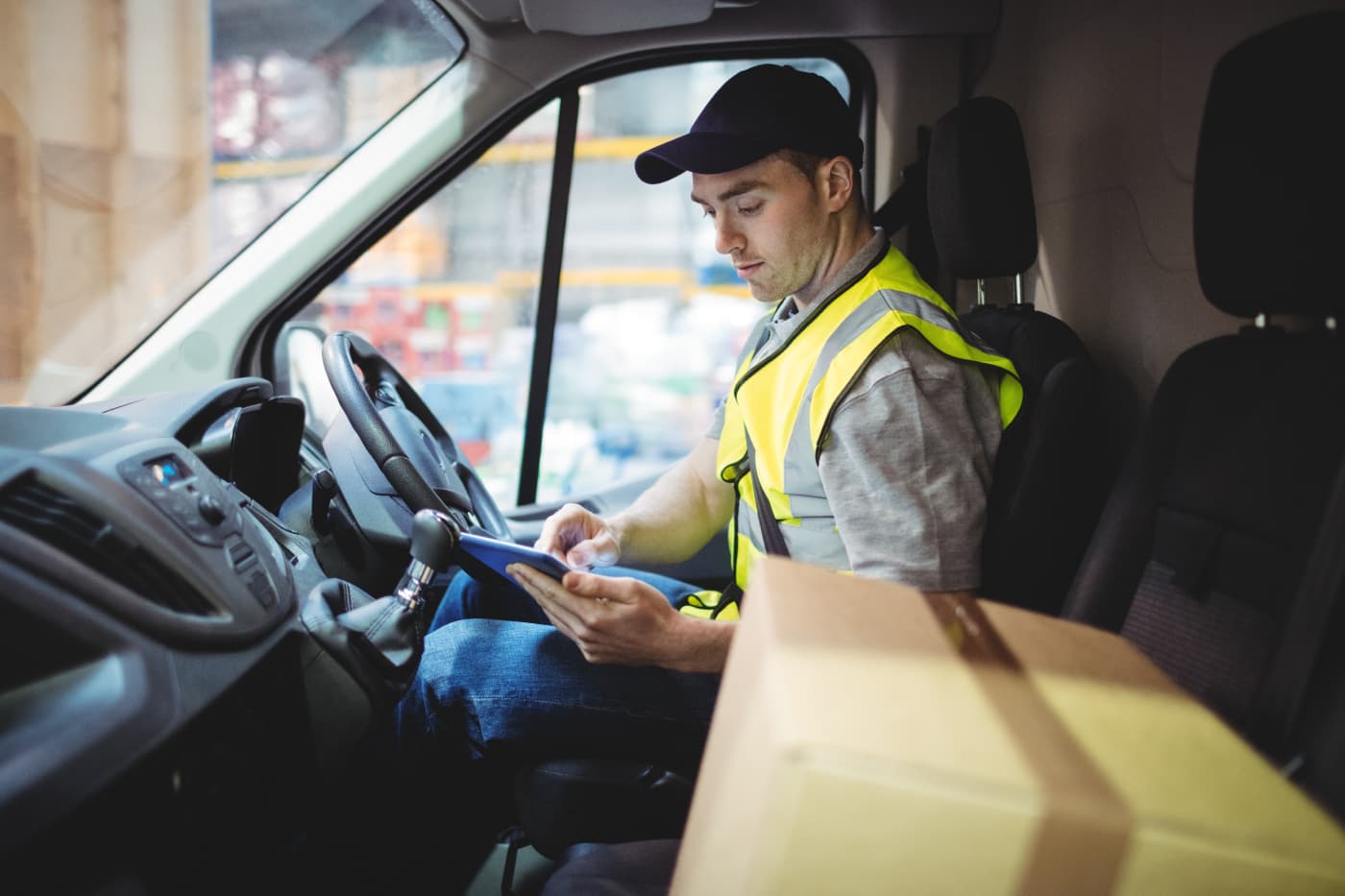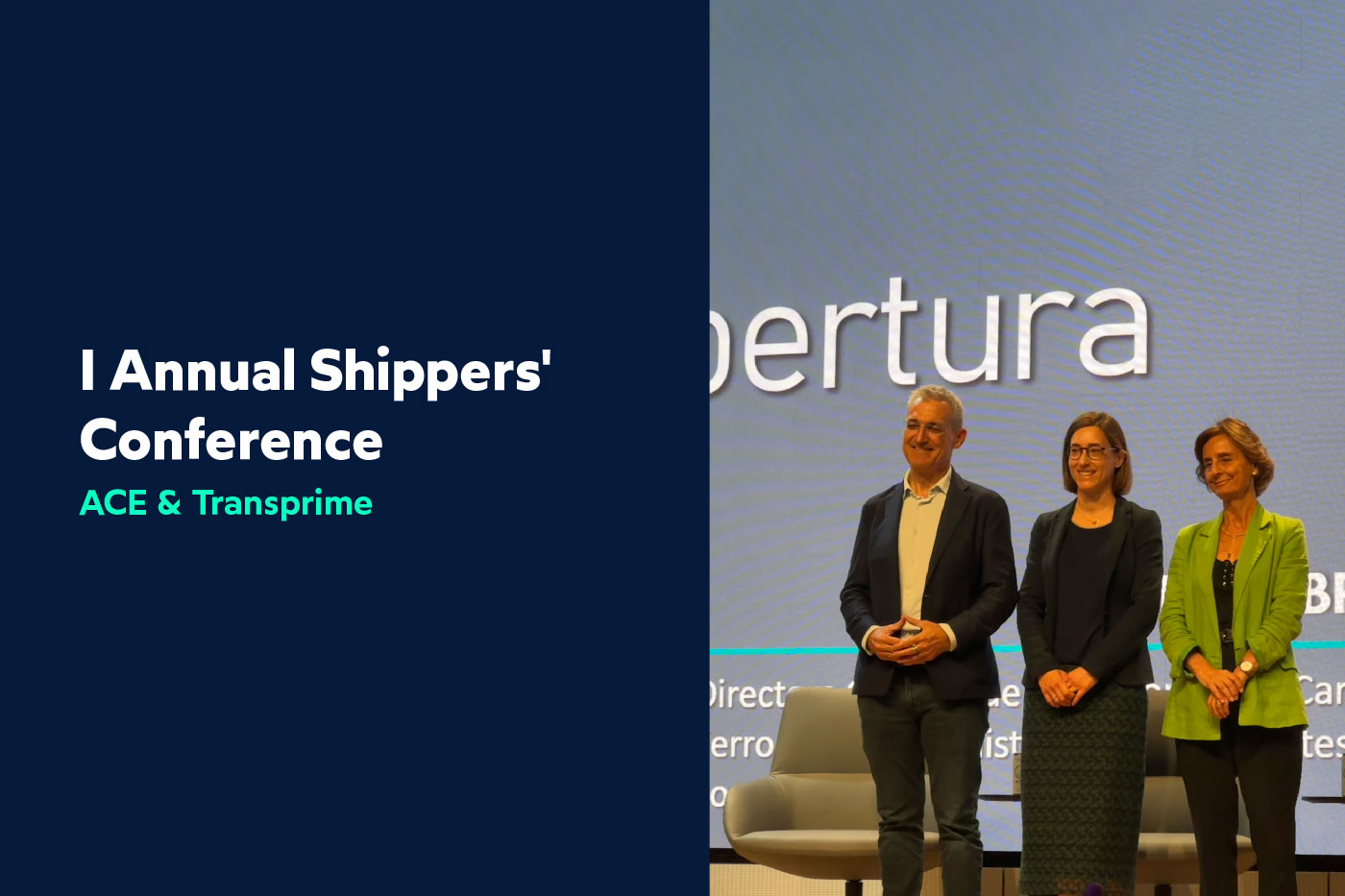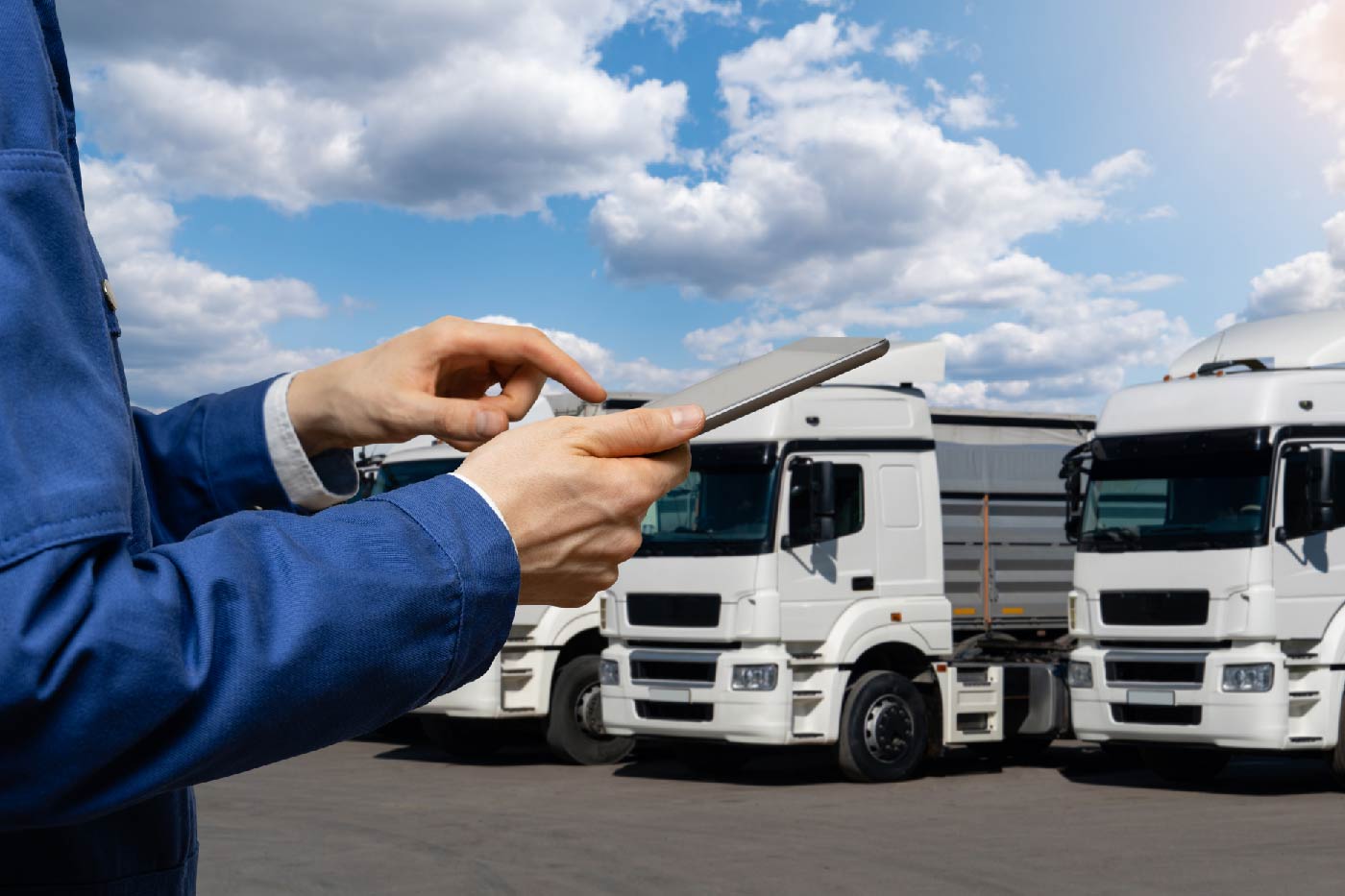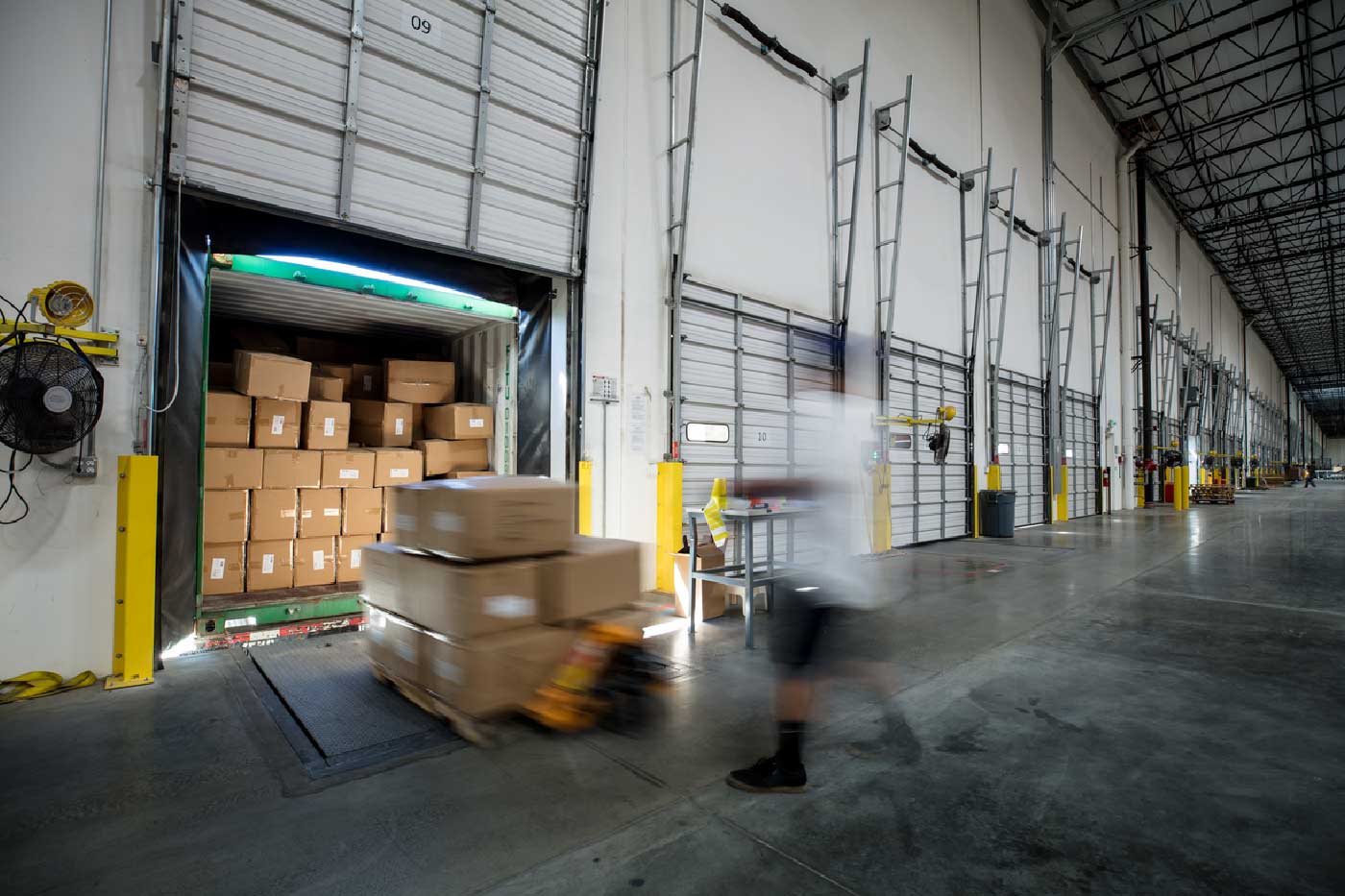The disease that has been ravaging the entire planet since the end of 2019 has the name of an asteroid or a futuristic robot.
However, its effects are already being felt in the present and are sadly real. However, Covid-19 also has other consequences that may lead to improvements in the medium term.
In the field of transportation, more and more experts are announcing that this health crisis can almost definitely drive digitalization in transportation and logistics, in line with some of the consequences that the measures to confine the population have had on more general aspects such as teleworking, the use of the on-line channel to buy food products or the increase in electronic payments, to avoid the use of coins and banknotes.
For some time now, the use of electronic documentation has been promoted in transport services, in order to facilitate the processing of loading and unloading, as well as bills of lading, among others.
But in this new time that is now opening up, in addition to bureaucratic and environmental problems, new issues arise related to the reduction of interpersonal contact and the exchange of documents that can act as vectors for the transmission of the disease.
Digitization, one step further
However, digitization in transportation involves going a step further to use technology to bring greater efficiency, generate cost savings and improve service.
But transportation companies perceive that the use of visibility technologies adds very little to their business. Nothing could be further from the truth, since integration with customers brings greater proximity and allows us to offer value-added services.
In this sense, the use of complete and integral traceability systems, as is the case of FIELDEAS Track and Trace, allows to offer detailed information to the client about the cargo, in order to obtain and manage large volumes of data in real time in an efficient and productive way.
In an environment marked by uncertainty, volatile demand and ever-changing consumer habits, the information provided by the supply chain at all stages will be a crucial element of great importance.
Transportation, as demonstrated in the healthcare crisis, plays an indispensable role in the supply chain. Its flexibility and competitiveness has allowed it to maintain a high level of activity even in the worst moments of the pandemic against all odds.
The new time that will open up after the health crisis will bring profound changes to the market. In fact, an increase in transport supply caused by the large number of idle trucks is already occurring throughout Europe and could, in the short term, generate a price war in a saturated market with weak demand leading to shortages in returns and an increase in empty kilometers.
In this turbulent and unstable scenario, companies will have to make every effort to improve their competitiveness and reduce their costs. However, diesel fuel and personnel make up approximately 60% of the costs of transport companies, while the rest is made up of other elements that can hardly be converted into variable costs.

Costs and competitiveness
Thus, cost savings and improved competitiveness must come from a new route, such as a more advanced and intensive use of information technologies. It has to come, ultimately, through digital transformation.
In this regard, there are several factors driving digitalization in transportation and a greater need for visibility into the activity of companies moving goods.
First and foremost, digital transformation will become an essential customer requirement: In an environment that is set to change radically, supply chains are going to have to adapt to a new reality marked by a The production areas are more disaggregated and the supply chains are more proximity-based, but at the same time more complex.
At the same time, risk management will play an important role in logistics management, which will require very close monitoring of goods in transit throughout the chain.
All these factors will drive a more intensive and specialized use of technology in transportation that will be able to take advantage of the new connectivity technologies offered by commercial and industrial vehicles.
In this area, the use of eCMR and the digitalization of delivery notes, functionalities that are part of the solutions provided by FIELDEAS The new technologies for transport are an area in which successful experiences are already taking place and, in an environment marked by the social distancing left by the health crisis, will be boosted in the coming months.
On the other hand, digital transformation saves costs by eliminating bureaucracy, facilitating integration with customers’ IT systems and optimizing vehicle usage time, among other aspects.
Similarly, digital transformation can help prevent violations. In this regard, some associations have warned of fines for not appearing in the FIVA (Fichero de Consultas FIVA), the Fichero Informático de Vehículos Asegurados (Computerized File of Insured Vehicles).
In this way, it is also possible to take advantage of the regulation in force since February that regulates the characteristics that must be met by the electronic control documents required for road transport and that ensures the availability, integrity, inalterability and inviolability of their content.
In addition, since February, the DGT has also been promoting the digitalization of all procedures related to Traffic, such as the management of penalties and appeals, or authorizations.
In any case, in the latest truck control campaigns carried out in Spain, administrative irregularities, either due to the documentation of the vehicle itself or that of the driver, are among the most recurrent fines.
Along the same lines, digital transformation eliminates bureaucracy and helps to manage procedures, whether with the Administration itself or with customers or suppliers, more efficiently and with fewer errors.
In short, digital transformation offers improvement opportunities for transportation companies that can translate into short-term competitiveness improvements in a complex and unpredictable market environment.














